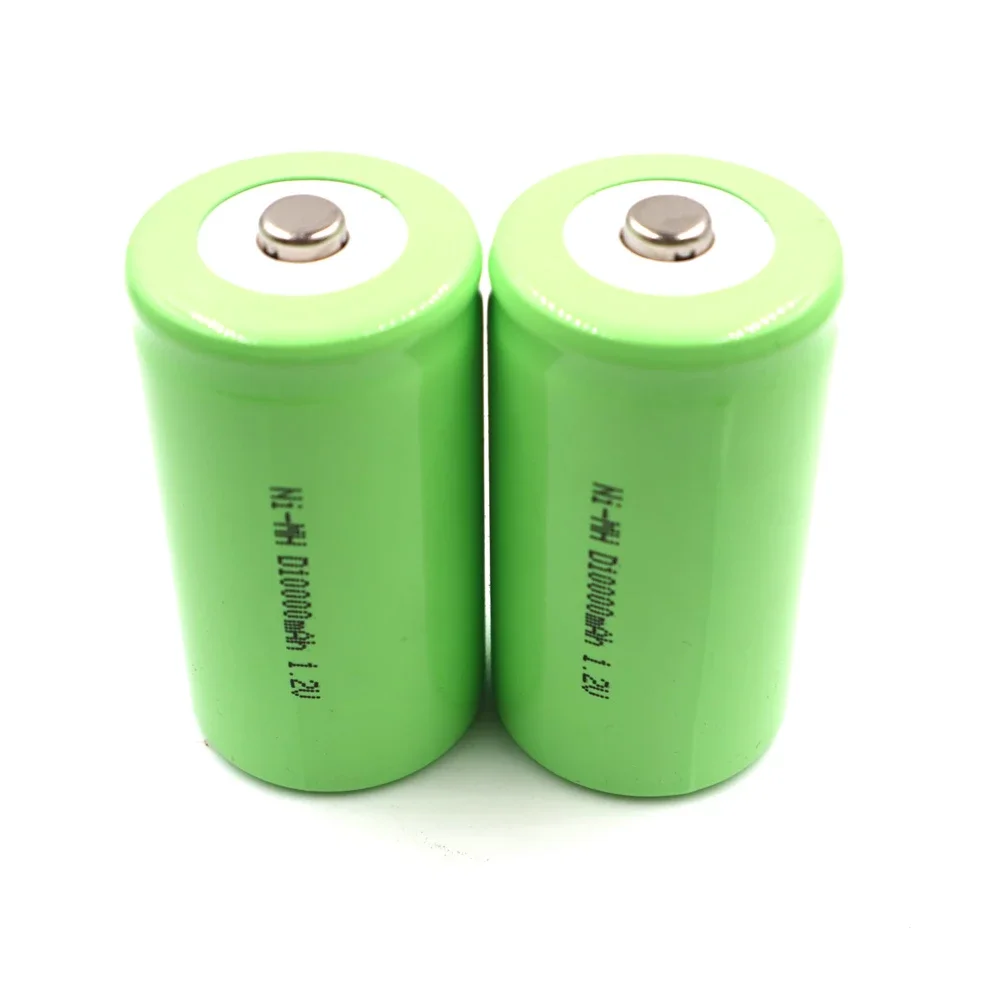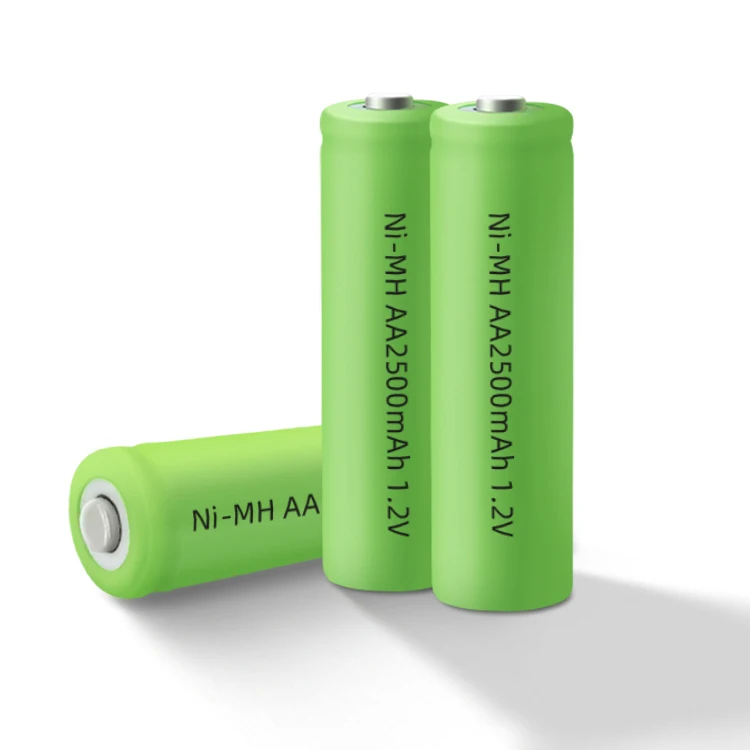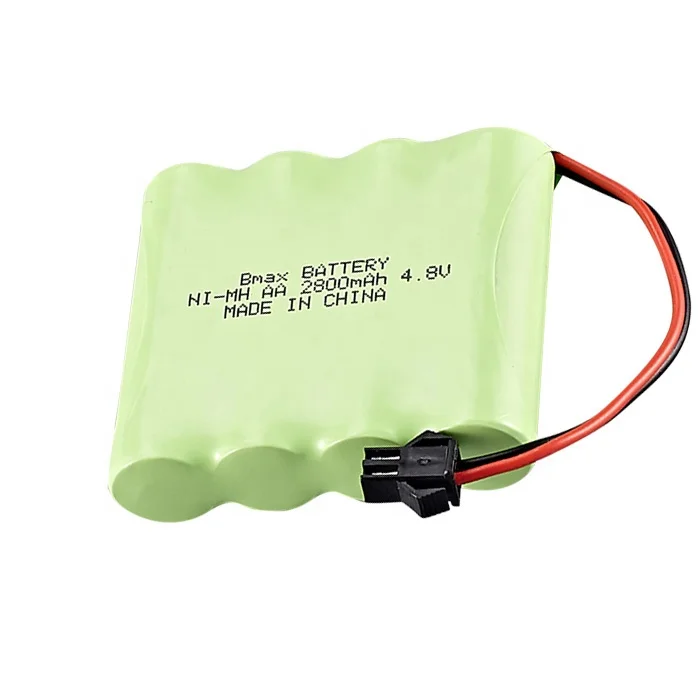Introduction
In an age where communication is paramount, cordless phones serve as essential tools for staying connected at home and in the workplace. Behind the seamless operation of these devices lie rechargeable batteries, particularly Nickel Metal Hydride (NiMH) batteries, which provide the necessary power for extended conversations and convenient mobility. In this blog, we’ll delve into the world of NiMH rechargeable battery manufacturers for cordless phones, exploring their innovations, commitments to quality, and contributions to enhancing communication technologies.
Understanding NiMH Rechargeable Batteries for Cordless Phones
Before we explore the manufacturers, it’s important to understand why NiMH rechargeable batteries are crucial for cordless phones:
1. High Energy Density: NiMH batteries offer a high energy density, allowing them to store ample power for prolonged use in cordless phones.
2. Rechargeability: Unlike disposable batteries, NiMH batteries are rechargeable, providing a sustainable and cost-effective power solution for cordless phones. They can be recharged hundreds to thousands of times, reducing waste and saving money in the long run.
3. Compatibility: NiMH batteries are widely compatible with various cordless phone models, making them versatile and convenient for consumers.
Heading 1: The Role of Manufacturers in Battery Production
Manufacturers of NiMH rechargeable batteries play a crucial role in ensuring the quality, reliability, and performance of these essential components:
1. Research and Development (R&D): Manufacturers invest in R&D to develop innovative battery technologies, including advancements in electrode materials, electrolyte formulations, and manufacturing processes. This continuous research drives improvements in battery performance, efficiency, and sustainability.
2. Quality Assurance: Stringent quality control measures are implemented throughout the production process to ensure that each battery meets industry standards for performance, safety, and reliability. This includes testing for capacity, voltage stability, and cycle life to ensure consistent performance in cordless phones.
3. Sustainability Initiatives: Manufacturers are increasingly focused on sustainability initiatives to minimize environmental impact throughout the battery lifecycle. This includes using eco-friendly materials, reducing energy consumption in manufacturing processes, and promoting battery recycling programs to minimize waste.
Heading 2: Leading NiMH Rechargeable Battery Manufacturers for Cordless Phones
Let’s explore some of the top manufacturers responsible for producing NiMH rechargeable batteries for cordless phones:
1. Panasonic Corporation
Panasonic Corporation is a global leader in electronics, including rechargeable batteries for various applications. The company’s NiMH rechargeable batteries are known for their high capacity, reliability, and compatibility with cordless phones. Panasonic’s extensive R&D capabilities drive continuous innovation, ensuring that its batteries meet the evolving needs of consumers and businesses.
2. Energizer Holdings, Inc.
Energizer Holdings, Inc. is a renowned manufacturer of batteries and portable power solutions. The company’s NiMH rechargeable batteries offer long-lasting performance and rapid charging capabilities, making them ideal for cordless phones. Energizer’s commitment to quality and innovation has made it a trusted supplier of batteries for various electronic devices, including cordless phones.
3. Duracell Inc.
Duracell Inc., a subsidiary of Berkshire Hathaway, is a leading producer of batteries and power solutions. The company’s NiMH rechargeable batteries are designed for superior performance and durability, ensuring reliable power for cordless phones. Duracell’s focus on innovation and sustainability drives continuous improvement in battery technology, ensuring that its products meet the highest standards of quality and reliability.
4. GP Batteries International Limited
GP Batteries International Limited is a global manufacturer of batteries and power products. The company’s NiMH rechargeable batteries are engineered for high energy density and low self-discharge, making them suitable for cordless phones. GP Batteries’ commitment to quality and customer satisfaction has made it a trusted supplier of batteries for various electronic devices, including cordless phones.
5. Sony Corporation
Sony Corporation is a multinational conglomerate known for its electronics, entertainment, and gaming products. The company’s Sony Energy Devices division produces NiMH rechargeable batteries known for their high performance and reliability. Sony’s extensive R&D capabilities and commitment to quality make it a preferred supplier of batteries for cordless phones and other electronic devices.
Heading 3: Innovations in Battery Technology
Manufacturers of NiMH rechargeable batteries continuously innovate to improve battery performance, efficiency, and sustainability:
1. Advanced Electrode Materials: Manufacturers are developing advanced electrode materials that improve battery efficiency, energy density, and cycle life, resulting in longer-lasting batteries for cordless phones.
2. Enhanced Electrolyte Formulations: Innovations in electrolyte formulations enable faster charging, lower self-discharge rates, and improved safety, enhancing the overall performance and reliability of NiMH rechargeable batteries.
3. Sustainable Manufacturing Practices: Manufacturers are implementing sustainable manufacturing practices, such as reducing energy consumption, minimizing waste, and promoting recycling, to minimize environmental impact throughout the battery lifecycle.
Heading 4: Ensuring Efficient Distribution and Supply Chain Management
Efficient distribution and supply chain management are essential to ensure a steady supply of NiMH rechargeable batteries for cordless phones:
1. Supply Chain Optimization: Manufacturers work closely with suppliers, distributors, and retailers to optimize the supply chain, reduce lead times, and minimize inventory holding costs.


